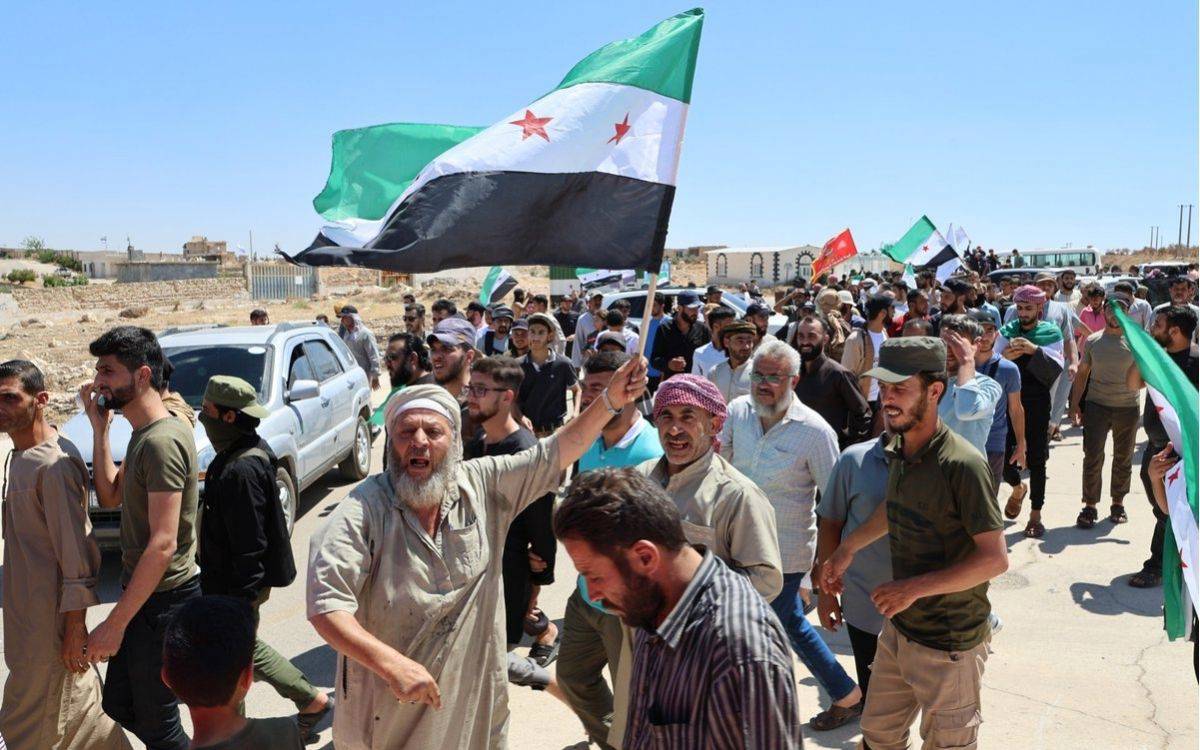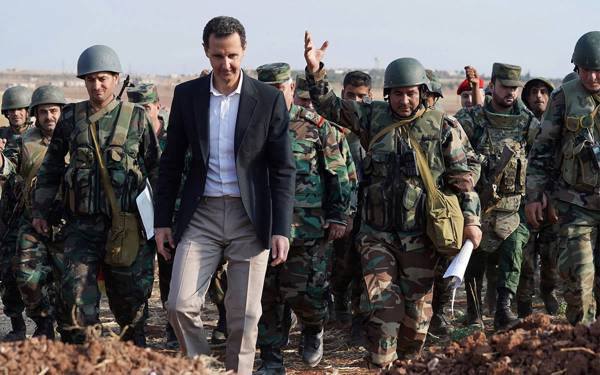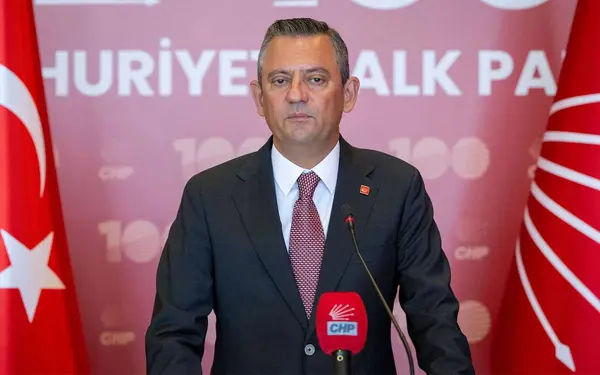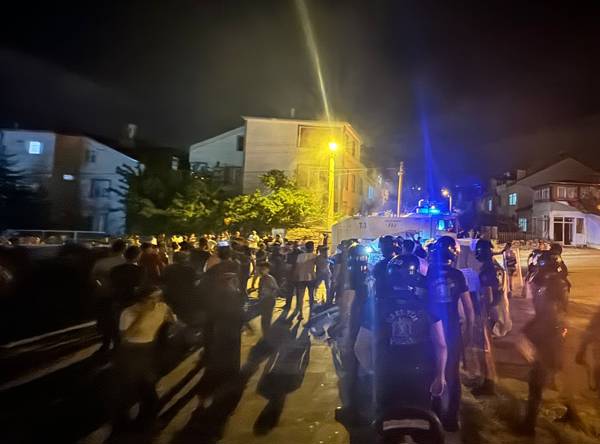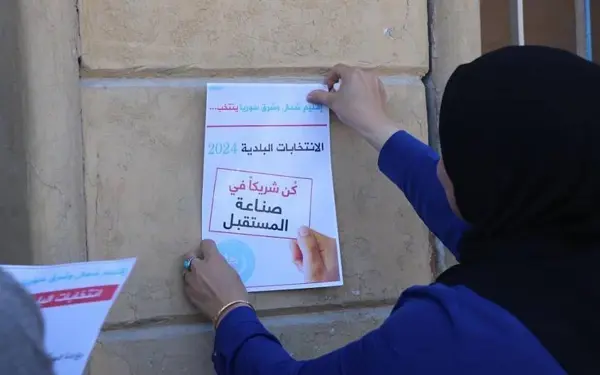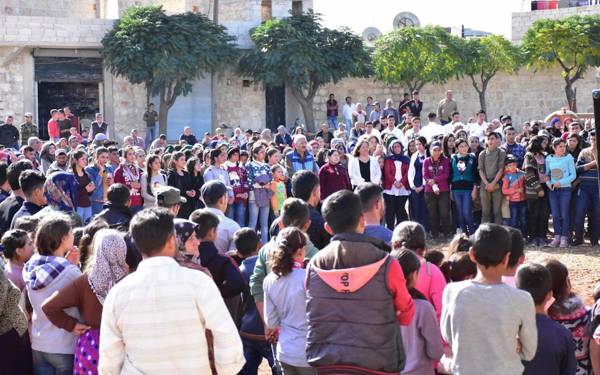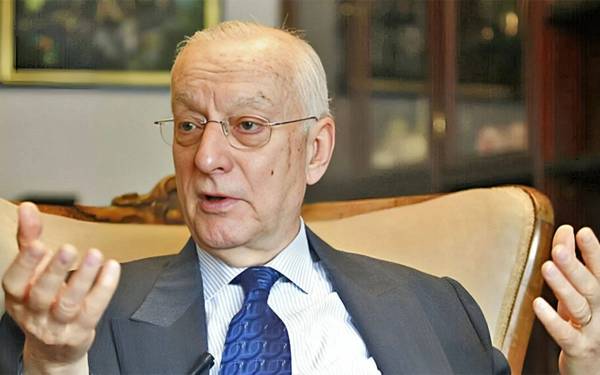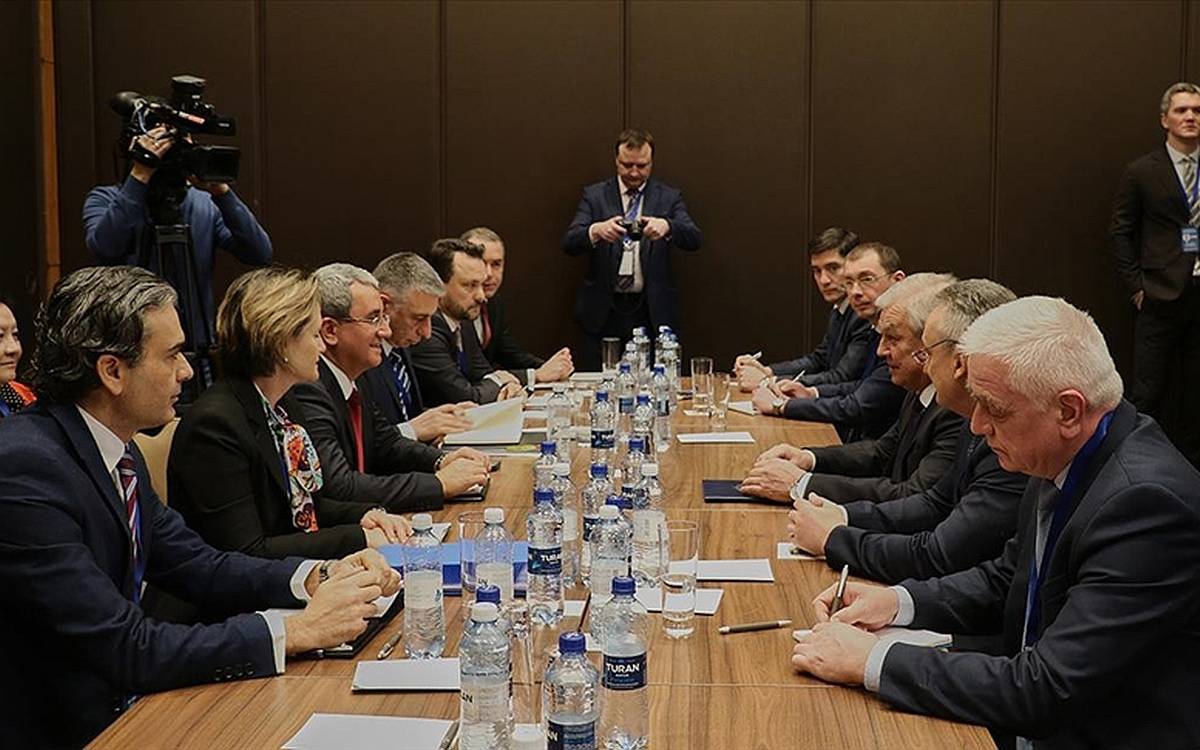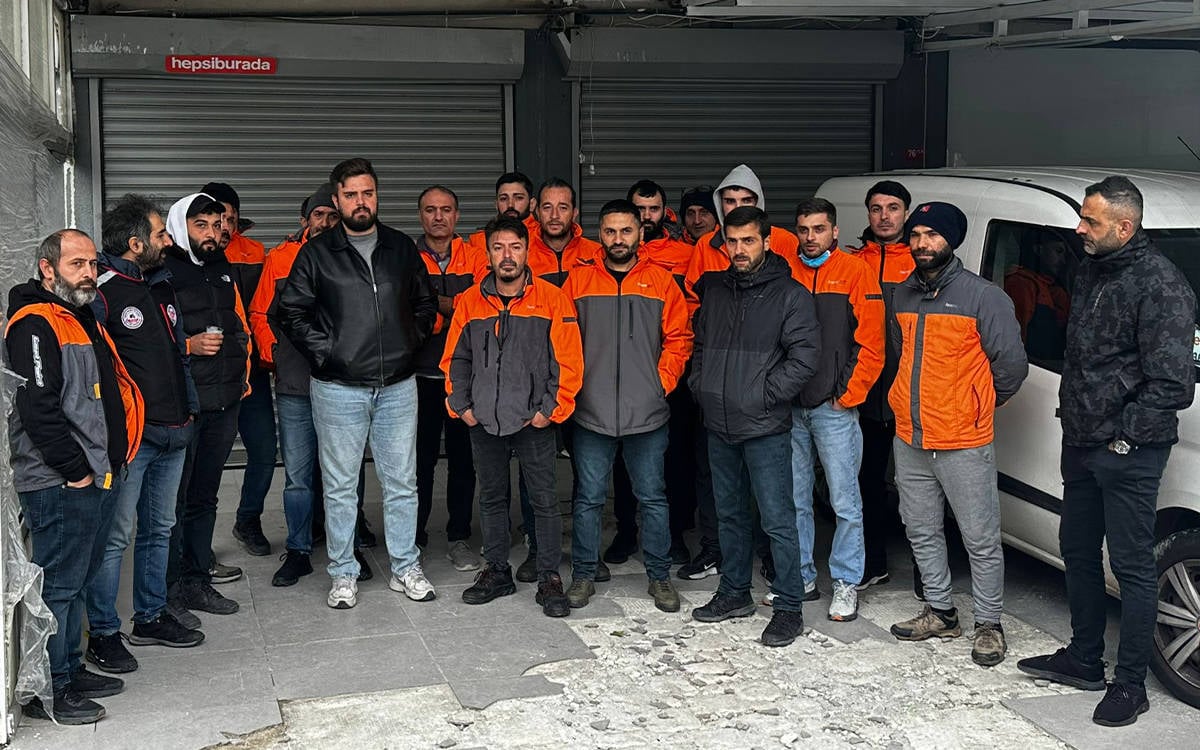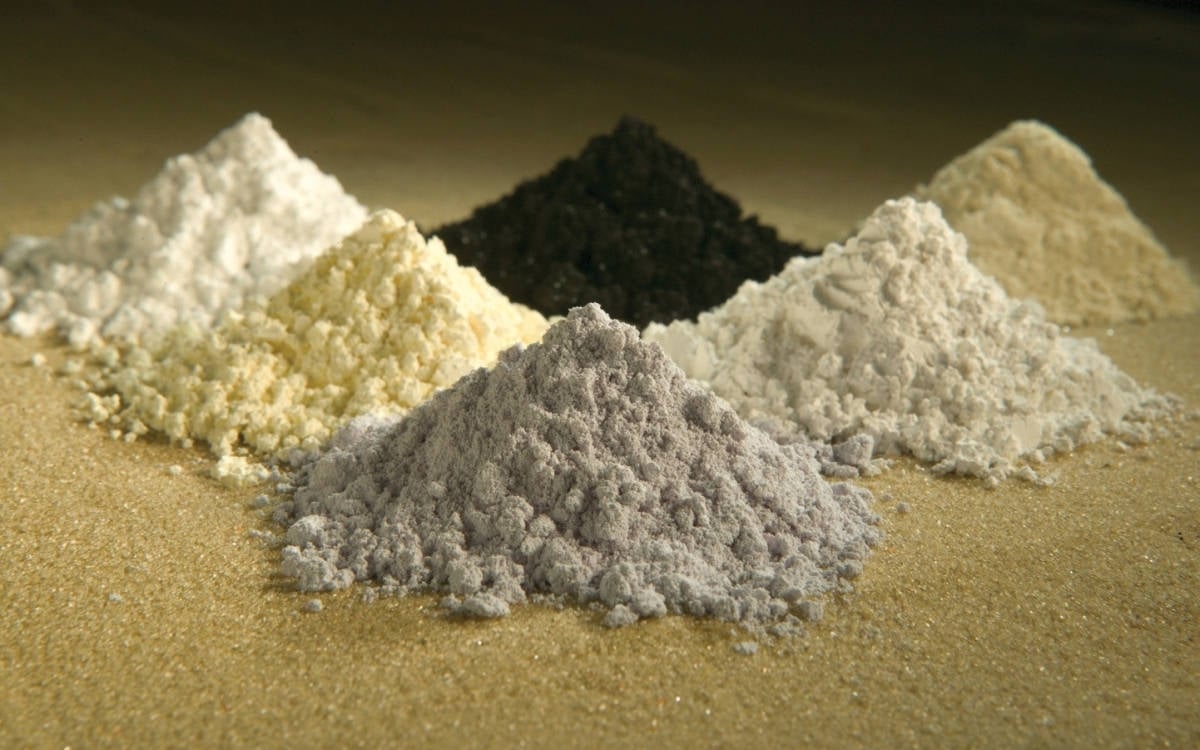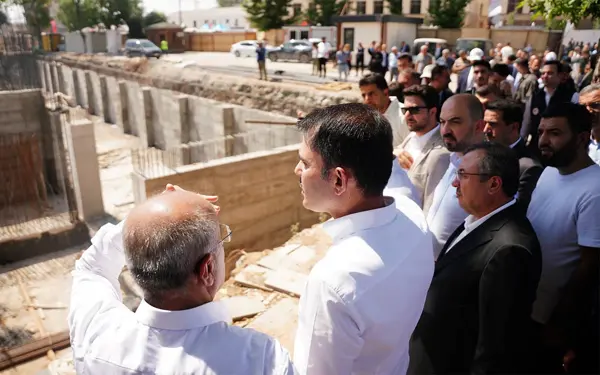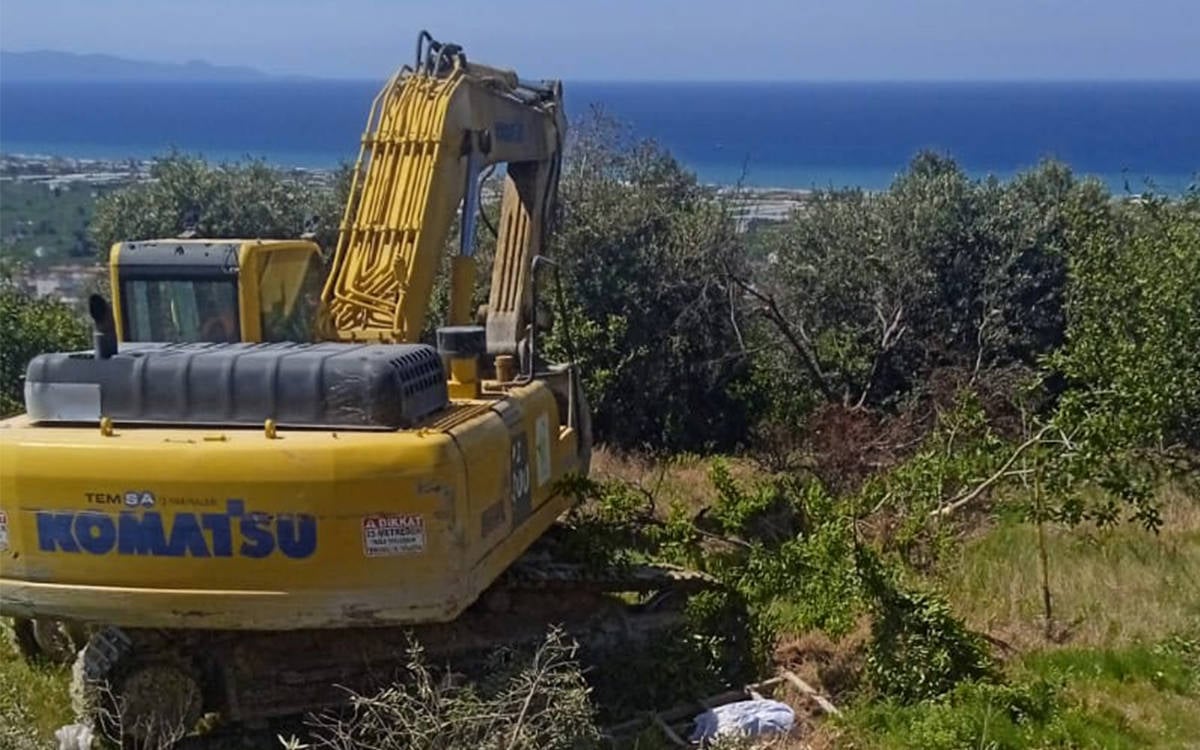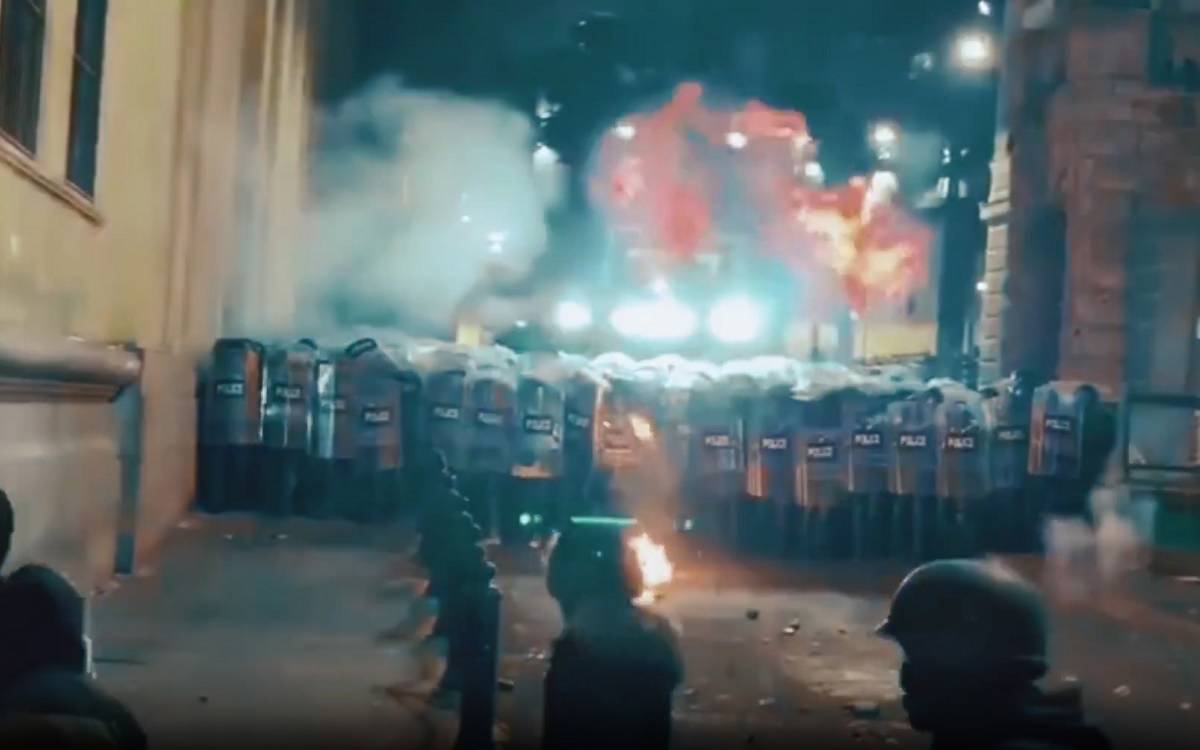On June 30, attacks targeting Syrians in Kayseri provoked escalating tensions in regions controlled by the Turkish Armed Forces (TSK) and the Syrian National Army (SNA) in northern Syria .
Following these incidents, direct attacks on Turkish presence were reported in the "Euphrates Shield" area, particularly in Azaz and Al-Bab, with tensions in Afrin leading to clashes between TSK-SNA and various groups.
These events in northern Syria aren't isolated to what happened on June 30 and July 1; they stem from a broader context.
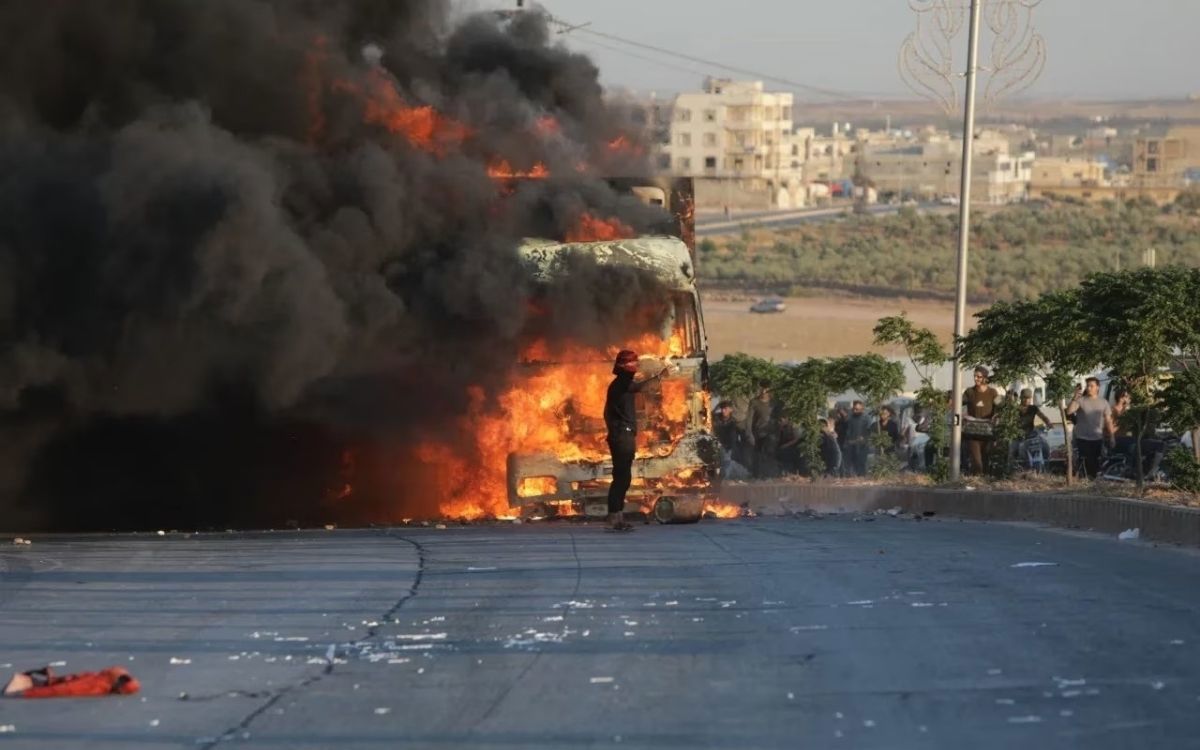
Shift in Syria policy
The AKP government, having initiated the "regime change" agenda in Syria in 2011, has targeted Syrian Kurds and their gains since 2016. Operations such as "Euphrates Shield" in 2016 (Azaz-Al Bab-Jarablus), "Olive Branch" in 2018 (Afrin), and "Peace Spring" in 2019 (Tal Abyad-Rasulayn) were launched. Attempts for subsequent operations were stalled by the lack of international and regional opportunities.
Additionally, the SNA's role wasn't confined to these operations. They fought in alignment with the government's ‘survival’ and foreign policy priorities, including in Libya and Azerbaijan, and there were even calls to fight alongside Ukraine against Russia.
Since 2022, a change in Syria policy has been vocalized more robustly under the banner of 'normalization.’
In 2021, when then-Foreign Minister Mevlüt Çavuşoğlu revealed his brief meeting with his Syrian counterpart, Faisal Mikdad, and stated that "there should be peace between the opposition and the regime," it caused an uproar in areas controlled by the TSK and the SNA.
Amid ongoing anti-Turkey protests in northern Syria, President Erdoğan mentioned the necessity of advancing relations with Syria.
Towards the end of the year, the parties met at the defense minister level in Moscow, but Russia's efforts to arrange a meeting between the two countries' leaders were not accepted by Damascus.. Nonetheless, the 'normalization' process was politically moved forward on May 10, 2023, with a meeting between the foreign ministers of Turkey, Russia, Iran, and Syria, although without continuation. Damascus insists on the full withdrawal of Turkish forces and the cessation of support to armed groups for normalization with Ankara.
Moreover, Damascus prioritizes combating jihadist groups in Idlib, especially Hayat Tahrir al-Sham (HTS) over the Kurds.
According to information that Murat Yeşiltaş, an analyst from the pro-government think tank SETA, gave to Financial Times, the annual cost of Turkey's intervention in Syria is approximately 2 billion dollars. He notes that there are 4,000 to 5,000 Turkish troops in the TSK-controlled area and around 8,000 in Idlib, with Turkey training and paying over 50,000 Syrian opposition fighters [SNA].
The opening of the "Abu Zandin" crossing
The recent events in TSK-SNA controlled areas were actually sparked in early June.
This new 'normalization' attempt led by Russia was tested on the ground.
Moscow and Ankara decided to open the "Abu Zandin" crossing near Al-Bab on the Aleppo outskirts, located between TSK-SNA and the Syrian army.
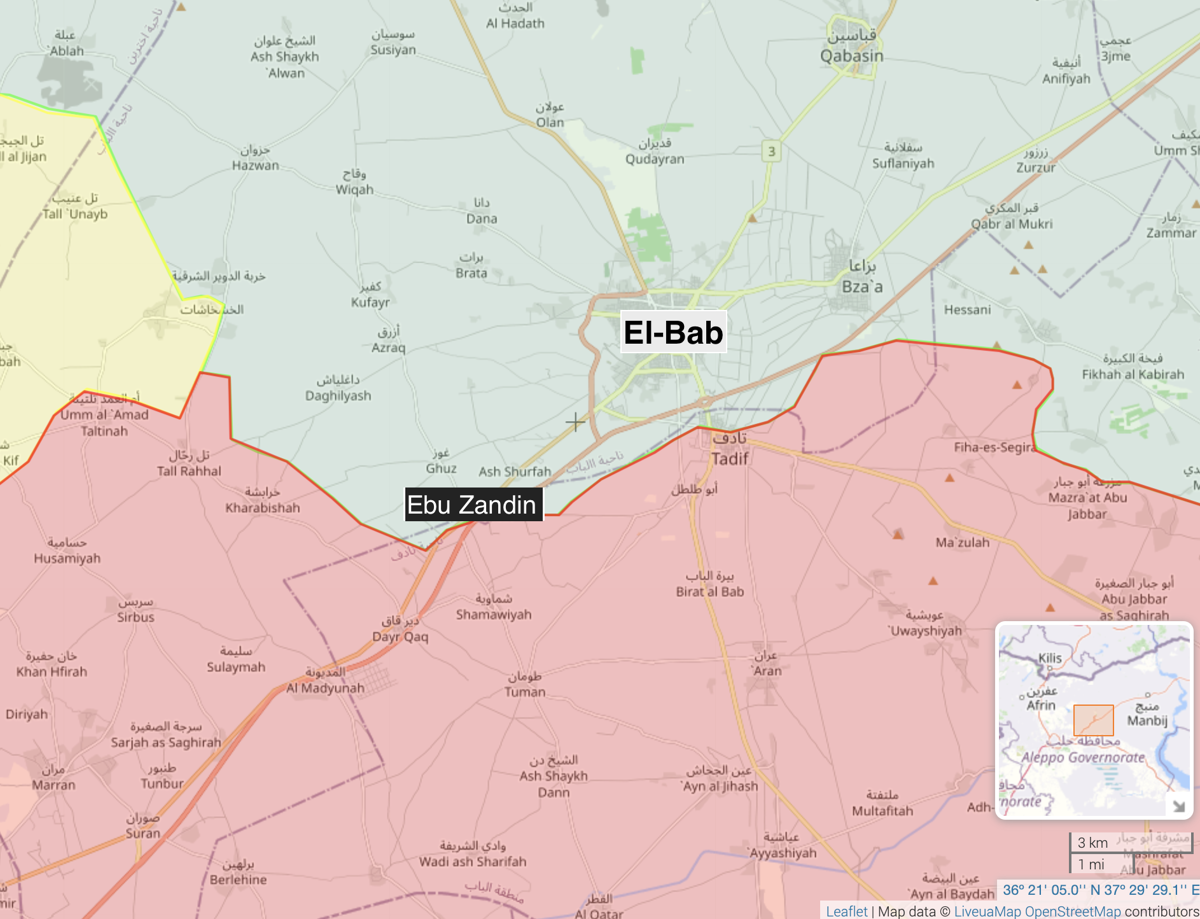
Opening the Abu Zandin crossing on the strategically important M4 highway was expected to increase commercial activity, setting the stage for opening the Antep-Aleppo route.
As early as June 11, there were protests due to the arrival of Russian forces in the TSK-SNA-controlled area. The situation escalated on June 27 when the crossing point was opened to traffic. On the same day, anti-normalization protests with Damascus began in Al-Bab and its rural areas. The next day, numerous individuals, led by various armed groups, stormed the crossing point.
After the incidents, TSK sent reinforcements to the area, and militants from Ahrar al-Sharqiya leading the attack were detained. The role of some SNA groups in these events can be attributed to the negative impact on smuggling revenues following the opening of the crossing.
The name of this SNA-affiliated organization is particularly notable for its involvement in several serious incidents, including the assassination of Kurdish politician Hevrin Khalaf, extrajudicial killings of civilians, human smuggling, and the release of detained ISIS members and their families.
Moscow's contacts with Damascus and 'Mr. Assad'
Russia's new 'normalization' initiative wasn't limited to opening Abu Zandin.
On June 26, Syrian President Bashar al-Assad received Russian President Vladimir Putin's Special Envoy Alexander Lavrentiev in Damascus. Following the meeting, Assad declared, "Syria is open to all initiatives aimed at preserving the country's sovereignty over its entire territory, combating terrorism, and enhancing Syria-Turkey relations."
Two days after these remarks, Erdoğan's reference to 'Mr. Assad' marked a new phase in the process.
"We kept our relations with Syria very active in the past, including family meetings, we have held discussions with Mr. Assad. There's no reason why this shouldn't happen again in the future. Moreover, we have no intention of interfering in Syria's internal affairs."
It seems that Erdoğan is determined to meet with Assad no matter what. While Damascus maintains that its core conditions are non-negotiable, Moscow is pushing for talks.
The Shanghai Cooperation Organization summit on July 3-4 in Astana, Kazakhstan, which Erdoğan will attend, could provide an opportunity for such a meeting.
Al-Vatan, a newspaper close to the Damascus administration, suggested Baghdad as the location for the talks, with broad Arab support, including Saudi Arabia and UAE, and contributions from Russia, China, and Iran.
They are dependent on Turkey, but...
The armed groups leading the ‘Abu Zandin’ crisis capitalized on the backlash from the attacks in Kayseri on July 1 to launch broader actions. However, Ankara's response was harsh when even more severe images than those from 2022 emerged. The TSK sent reinforcements to the region, and borders were closed.
By the end of the day, groups within the SNA, which are tightly linked to Ankara, issued messages of "unity and solidarity," while jihadist groups like HTS and Ahrar al-Sham, under its influence, did not hesitate to target the normalization efforts with Damascus in their statements. Yes, the HTS, an offshoot of Al-Qaeda, is uneasy about these initiatives, which threaten its income sources and existence. Still, it doesn't want the closure of the Bab al-Hawa Border Gate opposite Hatay, which is its only lifeline.
On June 30-July 1, Erdoğan emphasized that he would meet with anyone necessary and assured that he would not abandon the SMO and its associates, whom he referred to as "Turkey's friends."
However, given the current situation, it is worth reminding once again: No power, including Ankara, has full control over the jihadist groups in northern Syria. (VC/VK)






